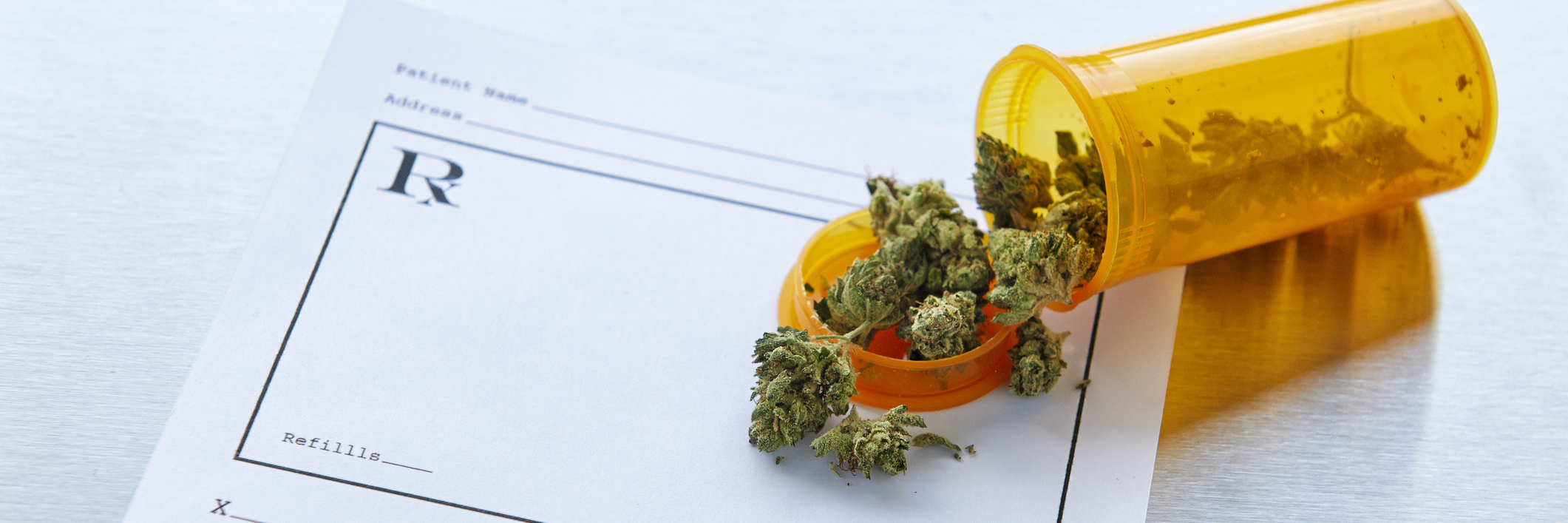On Monday, Massachusetts’ Supreme Court ruled that employers cannot discriminate against employees who take marijuana medicinally as authorized by their physician.
According to court documents, Cristina Barbuto was fired by her employer Advantage Sales & Marketing, LLC after she tested positive for marijuana on a work-mandated drug test shortly after being hired. Barbuto told her employer she would fail the drug test because she took marijuana medicinally for Crohn’s disease.
In 2012, Massachusetts’ voters approved a ballot initiative for medical marijuana. Under the law, Barbuto was certified by her physician to legally use marijuana for medicinal purposes.
After telling her employer she would fail the test, Barbuto was told her lawful use of marijuana would not be a problem. Barbuto started her first day of work and then, after the results of her urine test were in, was fired for testing positive for marijuana.
Advantage Sales & Marketing justified Barbuto’s firing stating they were following federal laws as opposed to Massachusetts’ state laws, despite Massachusetts being where Barbuto lives and works. Barbuto also testified that she did not use marijuana at work, and therefore, it did not affect her performance.
Because marijuana did not influence her performance and because it is legal in Massachusetts, the court justices ruled Barbuto was protected against discrimination under Massachusett’s state law. Marijuana, they continued, is a “reasonable accommodation,” and the company would have had to provide Barbuto with a medication equally effective to justify their firing.
The court’s ruling does not protect all employees. If Barbuto was a federal contractor or if marijuana affected her ability to perform her job, the court would not have ruled in her favor.
“The decision is not surprising, because of the unusual circumstance here that Barbuto’s marijuana use seems not to have affected her job performance at all,” Mark W. Batten, JD, wrote in The National Law Review. “This decision thus follows the Court’s similar treatment of alcoholism, which is a protected disability as a matter of status, but does not preclude employers from taking action if an alcoholic employee’s illness causes problems at work.”
The court’s decision is considered the first of its kind, which will likely come up again as more states legalize recreational and medical marijuana.
Thinkstock photo via TheCrimsonRibbon.

